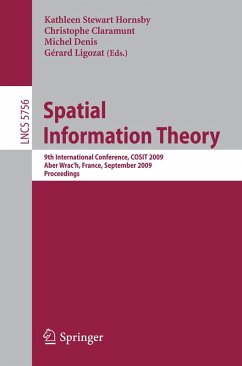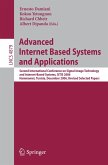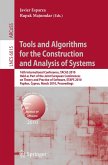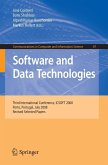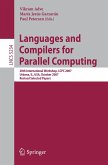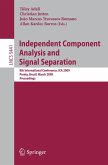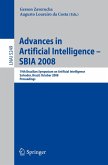First established in 1993 with a conference in Elba, Italy, COSIT (the International C- ference on Spatial Information Theory) is widely acknowledged as one of the most - portant conferences for the field of spatial information theory. This conference series brings together researchers from a wide range of disciplines for intensive scientific - changes centered on spatial information theory. COSIT submissions typically address research questions drawn from cognitive, perceptual, and environmental psychology, geography, spatial information science, computer science, artificial intelligence, cog- tive science, engineering, cognitive anthropology, linguistics, ontology, architecture, planning, and environmental design. Some of the topical areas include, for example, the cognitive structure of spatial knowledge; events and processes in geographic space; incomplete or imprecise spatial knowledge; languages of spatial relations; navigation by organisms and robots; ontology of space; communication of spatial information; and the social and cultural organization of space to name a few. This volume contains the papers presented at the 9th International Conference on Spatial Information Theory, COSIT 2009, held in Aber Wrac'h, France, September 21-25, 2009. For COSIT 2009, 70 full paper submissions were received. These papers were carefully reviewed by an international Program Committee based on relevance to the conference, intellectual quality, scientific significance, novelty, relation to previously published literature, and clarity of presentation. After reviewing was completed, 30 papers were selected for presentation at the conference and appear in this volume. This number of papers reflects the high quality of submissions to COSIT this year.
Dieser Download kann aus rechtlichen Gründen nur mit Rechnungsadresse in A, B, BG, CY, CZ, D, DK, EW, E, FIN, F, GR, HR, H, IRL, I, LT, L, LR, M, NL, PL, P, R, S, SLO, SK ausgeliefert werden.

